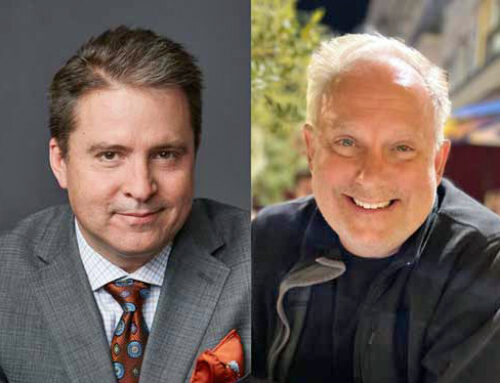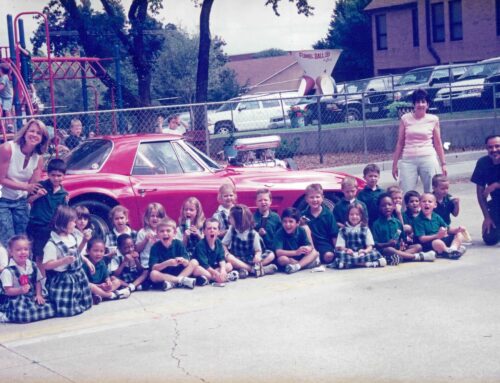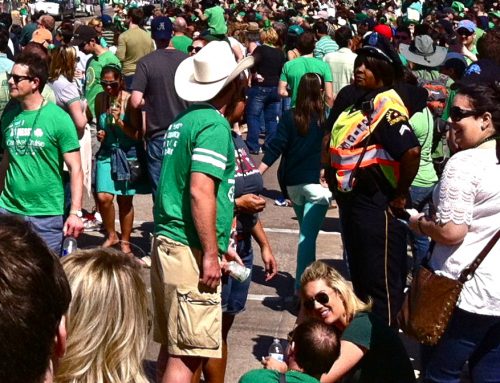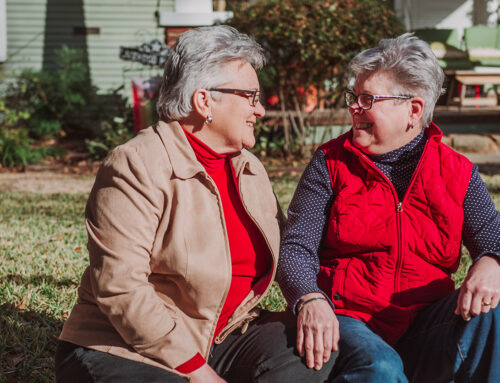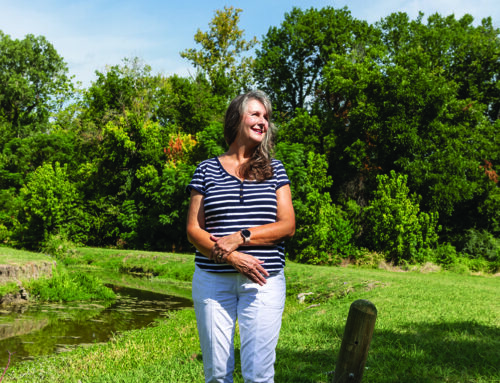The most earnestly discussed film this year has to be Steven Spielberg’s “Saving Private Ryan.” Rarely is an example of mass entertainment so serious, thought-provoking and relevant to the larger issues we face today.
For those who haven’t seen it yet, the film is a frighteningly realistic and personalized view of the D-Day invasion and a few days afterwards as seen by a detail of U.S. Army Rangers, along with an examination of human nature in extraordinary circumstances.
I was born early in 1955, slightly less than 10 years after the war’s end and right in the middle of the Baby Boom. Like many young boys, I grew up fascinated with the World War II era. When I was a child, today’s aging veterans of the conflict were in the prime of their lives. We knew vaguely that many of these “older” people, often our fathers and uncles, had a part in the epochal event, even if they didn’t talk much about it.
In fact, that reticence, and the fact that such seemingly ordinary people had pulled off this feat of arms, increased the war’s mythic status for us. That, and the fact that it was relatively easy to understand and see as a highly-dramatic struggle between good and pure evil – in the words of Studs Terkel and others, the “good war.”
As a result, I think we Baby Boomers grew up with a deep-seated insecurity about never having been tested in the crucible of history like the Depression and World War II generation. Our elders gibes about “not knowing how good we had it” had the uncomfortable ring of truth. No sane person would seek out such experiences, but we wondered if we could have been as tough.
As the same time, we knew, even as children, that if another world war came, it would be fought in a few hours or days, literally in our own backyards, and that few of us would survive. The “duck and cover” drills under our desks in grade school, filling out little cards saying who was supposed to come looking for us, the Cuban missile crisis – these all gave us a pretty good, if scary, idea of what to expect.
Thankfully, that never happened, and it looks a lot less likely now than it did then. Instead, we soon found entangled in an undeclared, limited war in Vietnam. After being raised on a steady diet of the righteousness and national unity evoked by the World War II era, we thought we had an inkling of what a “just” war looked like, and Vietnam didn’t fit the profile.
The harsh reality, as Spielberg reminds us, is that any war, however justified, is horribly destructive and fraught with moral ambiguity. Seeing the film caused me to spend a lot of time pondering things like America’s role in the world, containment of aggression and how to deal with former enemies. A study of this century’s history has many critical lessons for us as we move into the next one, and anything that causes us to reflect on these is useful.
For those of us who grew up in the ’60s and ’70s, the world, in retrospect, began to transform irrevocably on a November Friday afternoon in 1963, right here in Dallas. After that, as we dealt with our own issues of growing into teen-agers, then adults, things changed more and more quickly around us. The turmoil and polarization we saw on TV every night made a national sense of purpose seem like a distant and nostalgic memory. We knew that nothing – our country, our society, our lives – would ever seem simple again. Perhaps that helps to explain our avid interest in (and, I hope, our heartfelt gratitude to those who were there) the events of over 50 years ago.
Jonathan Vinson, a neighborhood resident, writes a monthly opinion column about neighborhood issues. His opinions are not necessarily those of the Advocate or its management. Send comments and ideas to him at 6301 Gaston, Suite 820, Dallas 75214; FAX 214-823-8866; or e-mail to editor@advocate.mag.

